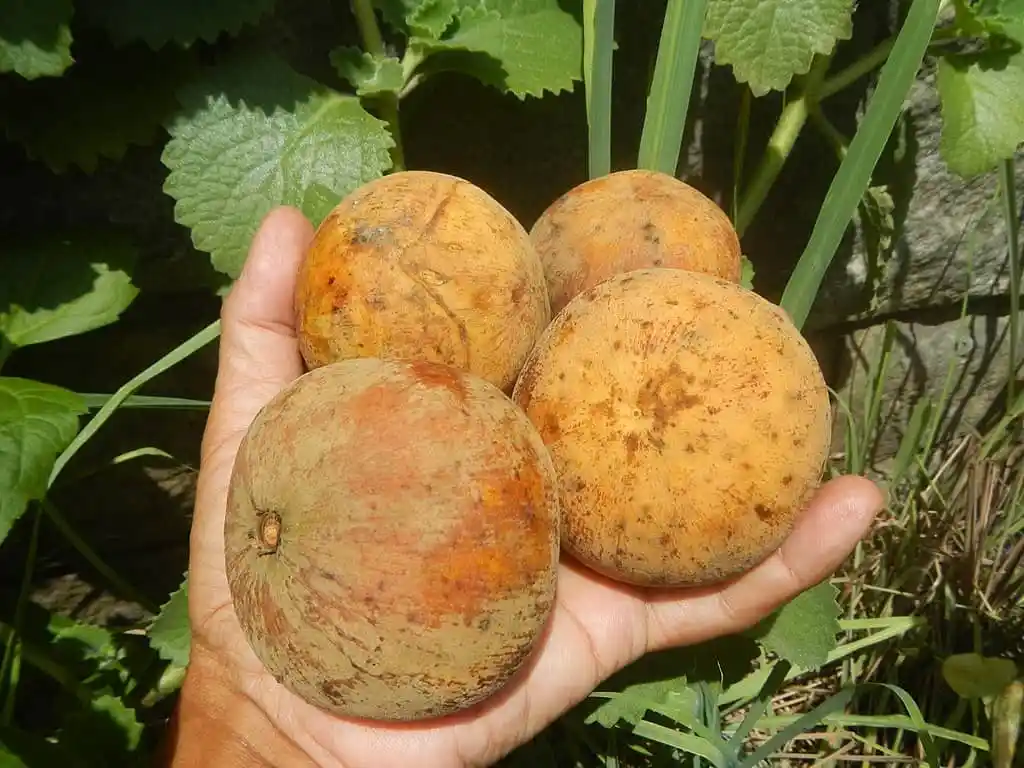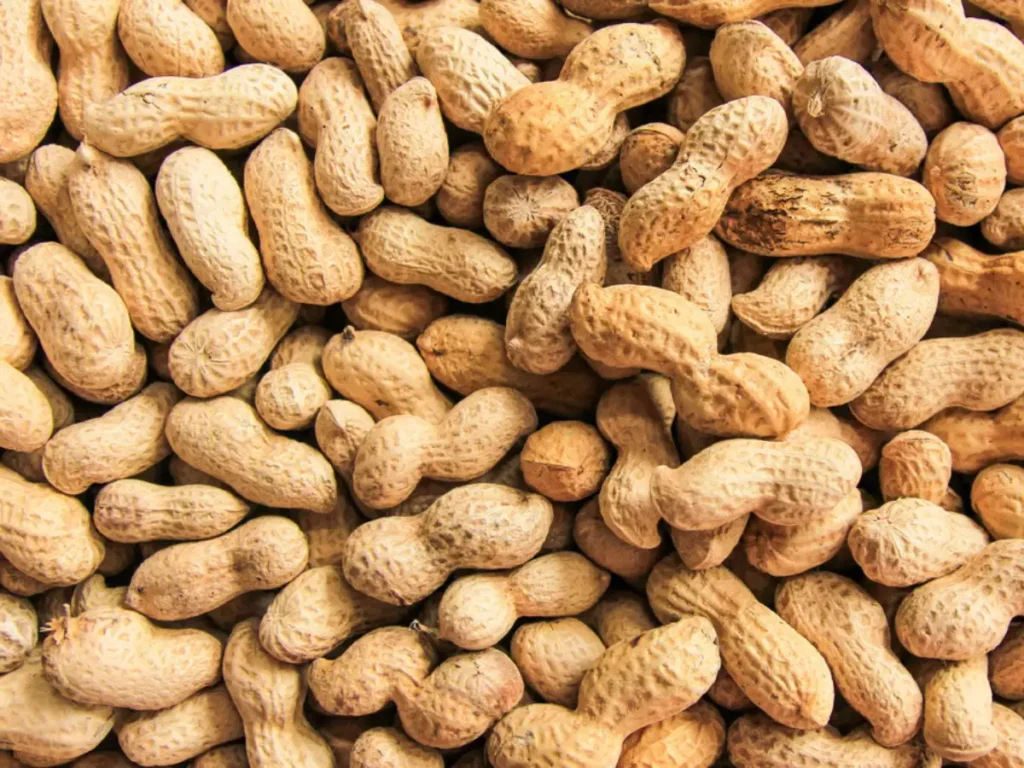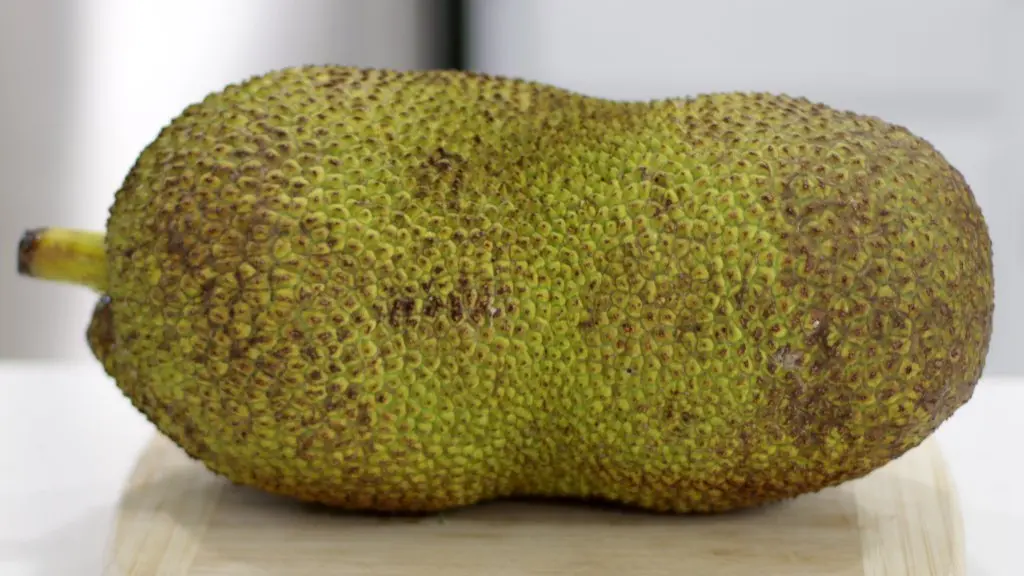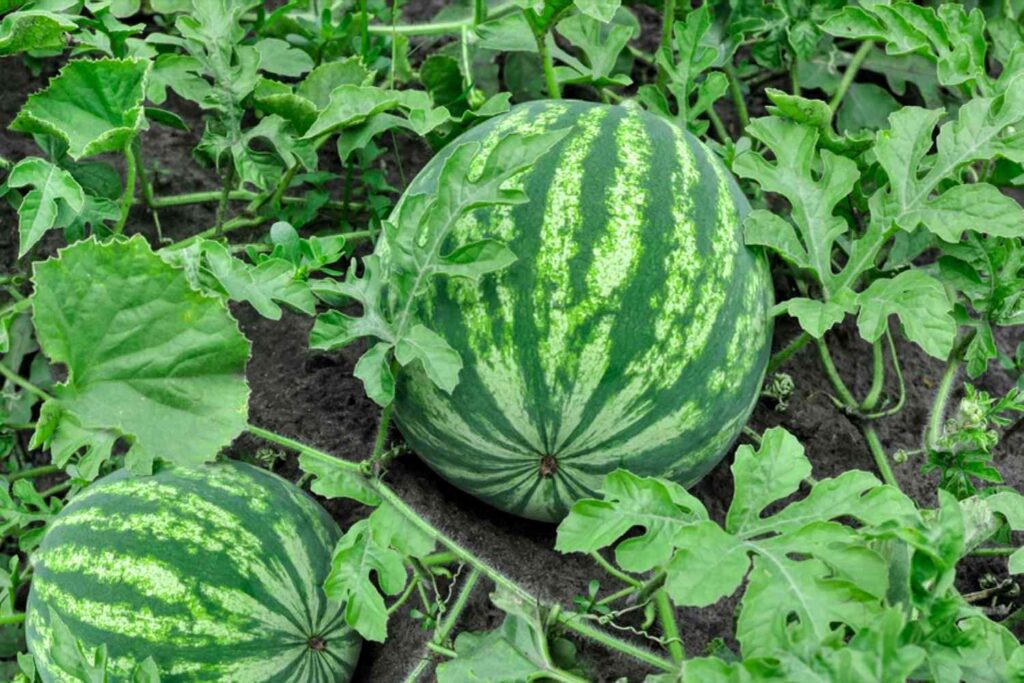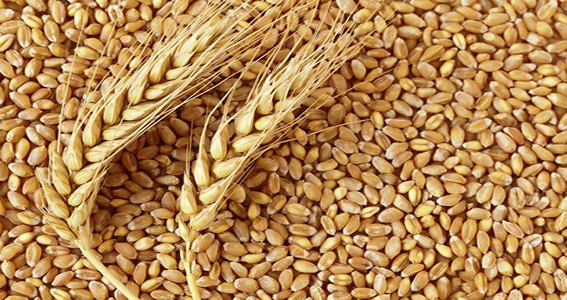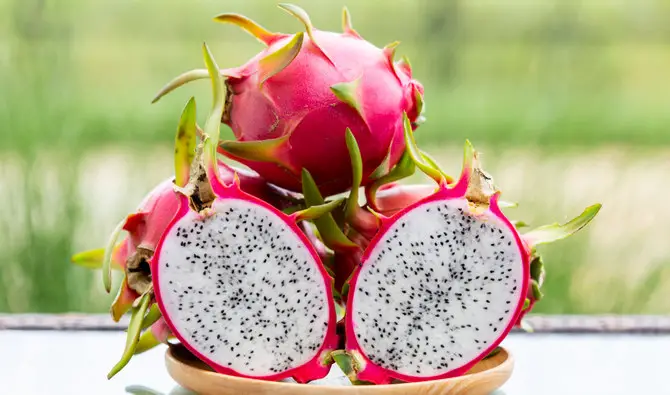Broccoli is a well-loved vegetable known for being full of nutrients and having a unique flavor. Some people wonder if broccoli is made using genetic modification.
The term genetically modified organisms (GMOs) is a hot topic because modern science lets us change the genes of plants and animals.
This article talks about whether broccoli is a GMO, looks at how we created different types of broccoli, and explains how old-school breeding is different from genetic engineering. When you finish, you’ll know a lot about how broccoli came to be and how it’s grown.
Broccoli belongs to a group of veggies called the Brassicaceae family. It’s related to cauliflower, cabbage, and Brussels sprouts. It first grew in Italy, but you can now find it around the world. The parts we eat are the green flower bits called “florets” and sometimes the stems too.
This veggie is low on calories but packed with fiber, vitamins, and minerals. It has vitamin C, vitamin K, folate, potassium, and other good stuff in it.
Broccoli is tasty and can be put in all kinds of foods like soups, salads, stir-fries, and more. It’s a healthy choice that’s easy to find in stores and markets, and it’s great for your body and your taste buds.
How We Make Broccoli
We grow broccoli in a few different ways:
- Old-School Breeding: This is where farmers use pollen from a boy plant and put it on a girl plant time after time to mix together their best features. Over time, they get new kinds with tastier flavors, less sickness, and bigger harvests.
- Mutations On Purpose: Here, plants get treated with chemicals or zapped with special rays. These make changes in their genes. Through this, we get broccoli that fights diseases better, grows more, and tastes good. This isn’t GMO because it’s still all broccoli DNA; nothing strange is added.
- Gene Tweaking: Right now, we don’t have broccoli that scientists have changed by adding genes from other living things. The big companies that could make it aren’t interested because the old ways work well already.
Traditional breeding and designed mutations are the main tools we use to grow broccoli. Adjusting genes in the lab is an option, but it’s not happening for market broccoli right now. If for some reason normal methods can’t do a good job anymore, scientists might step in to try gene tweaking.
Common Mix-Ups About Broccoli and GMOs
Some people get mixed up about broccoli and GMOs:
- Is Broccoli a GMO? Nope, it sure isn’t. Nobody has fiddled with its genes to put in parts from other living things.
- Are GMOs Bad For You? Science hasn’t found any proof that GMOs hurt you. They actually help get more crops and cut down on yucky chemicals like bug killers and weed sprays.
- Are GMOs Unnatural? Tweaking genes is just a fancy version of what farmers have done for a really long time to make better crops. Changing DNA is a part of nature and has been in gardening for ages.
- Do People Check GMOs? Yes, they do. Places like the US, Canada, and Europe have rules that GMOs have to pass before anyone can sell them.
- Will They Tell Me If Something’s GMO? In some countries, like America, there are labels for GMOs. But they might not list every single thing that comes from GMOs, like some sugars or oils in your food.
It’s good to know the real story about broccoli and GMOs. Understanding the science and rules about growing them helps you see what’s what.
Even if there’s some debating out there, you can be sure that the broccoli you eat hasn’t been genetically modified. It’s safe and healthy, whether you’re eating it at home or out at a restaurant.
Final Word: Is Broccoli Genetically Modified?
Nope, broccoli hasn’t been gene-tweak. We make it using old-school ways and smart mutations but not the sci-fi stuff. It’s full of goodness and isn’t wrapped up in the same rules as GMO plants.
Even though broccoli has changed a lot because farmers have worked hard to make it better, no broccoli you can buy now has been mixed with other organism’s genes. So go ahead and enjoy your regular, healthy, just-broccoli broccoli.
